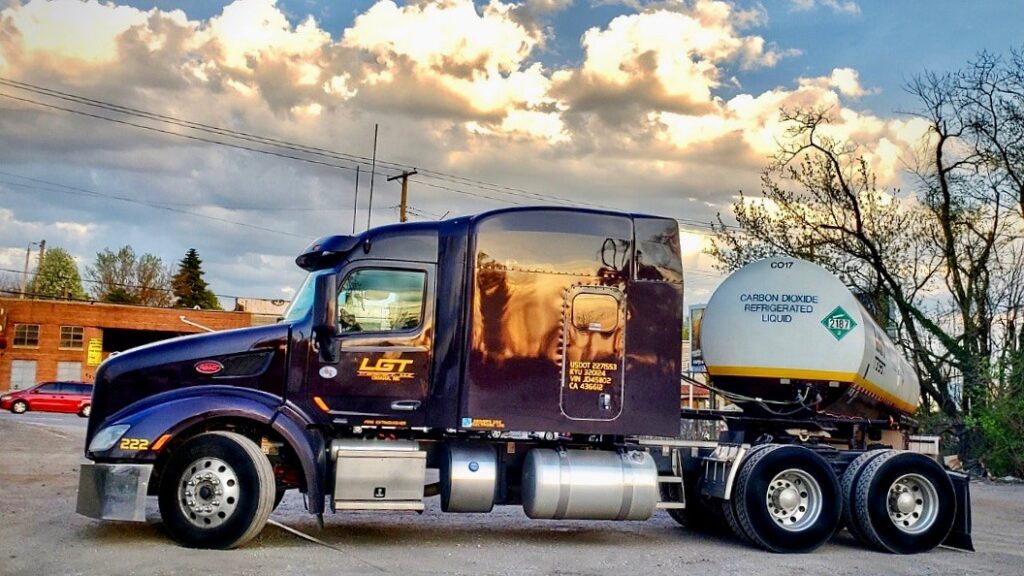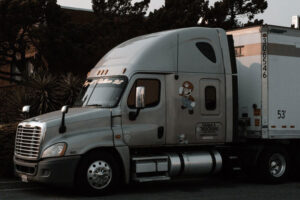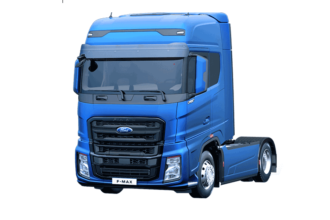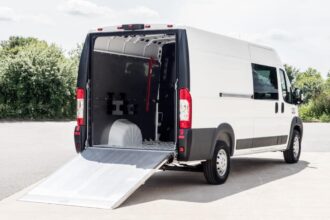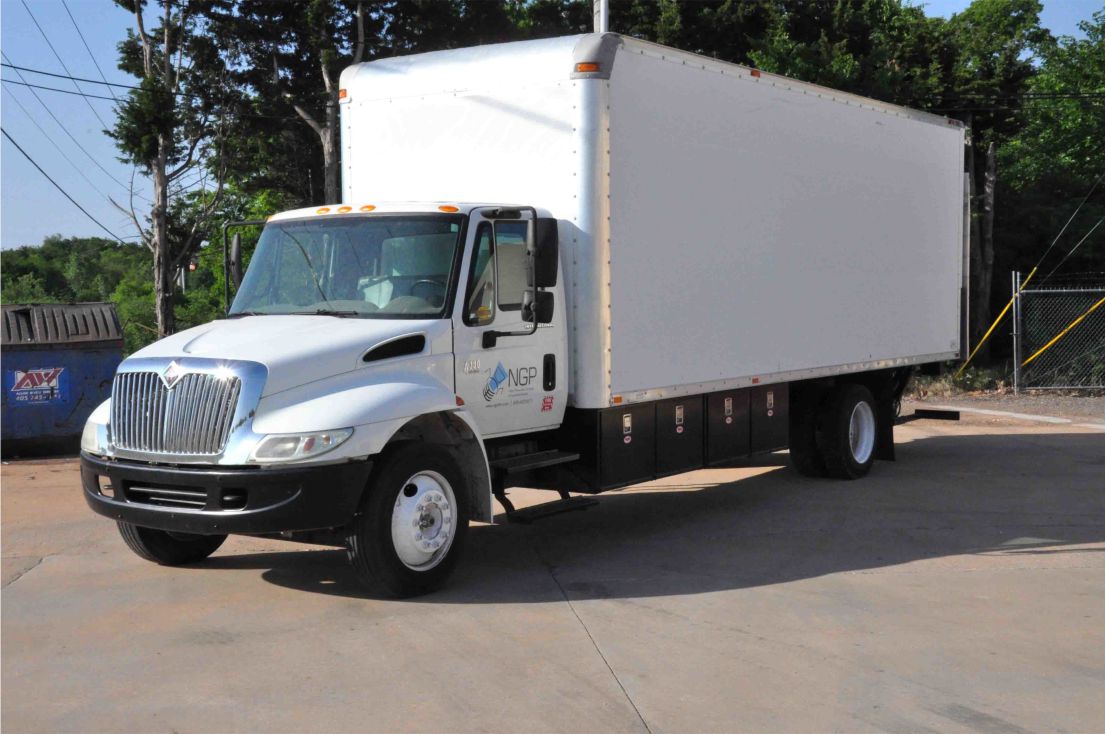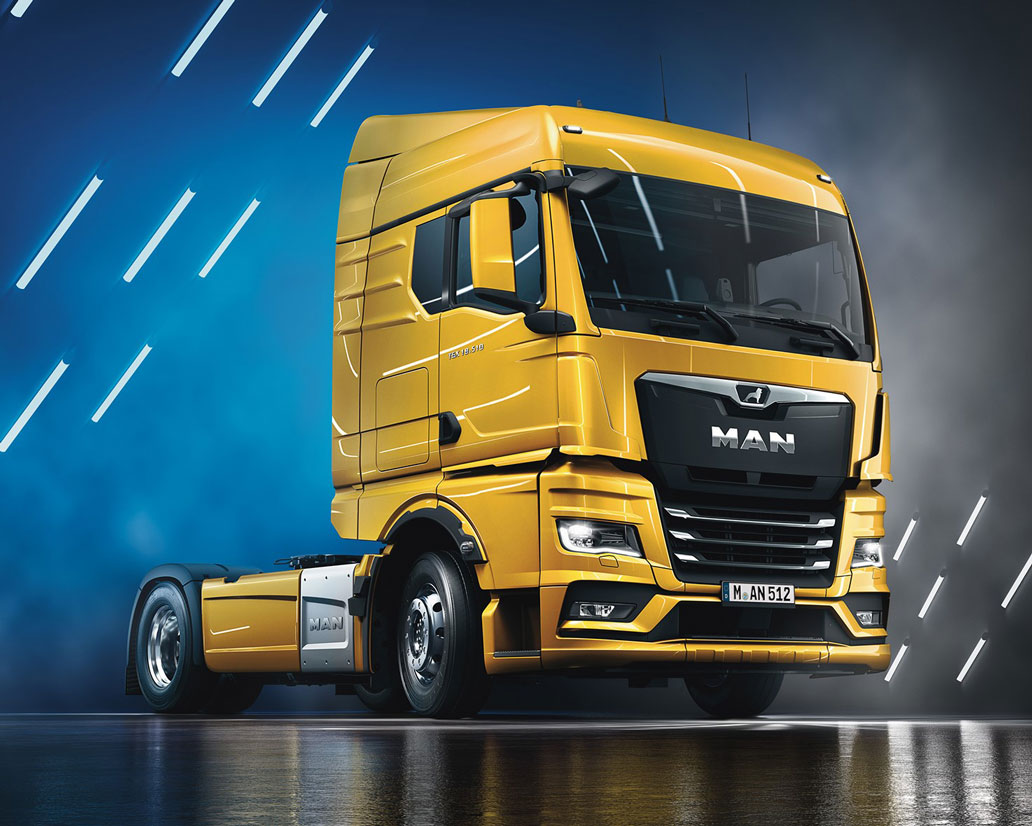Table of Contents
Introduction
Venturing into the world of trucking, particularly in the realm of tanker trucks, is a significant step towards becoming your boss.
Perhaps you’re already a usual trucker, looking to transition from life on the road to a more stable and financially rewarding endeavor.
In an era where online shopping has surged, the shipping and delivery sectors are experiencing constant growth, with truckers serving as the backbone of timely product deliveries across the United States.
1. Write a Business Plan
To launch a tanker truck business, create a business plan. Creating a robust business plan is your critical first step. According to the Small Business Association (SBA), your plan should encompass a 3-5 year projection, outlining strategies for revenue growth. A comprehensive business plan typically comprises:
- Executive summary
- Company description
- Operations
- Services
- Market analysis
- Sales and marketing
- Financial projections
2. Obtain Your Commercial Driver's License (CDL)
To gain a tanker truck business, get your Commercial Driver’s License. Obtaining a Commercial Driver’s License (CDL) is a non-negotiable step, whether you’re an owner-operator or hiring drivers. It’s essential to adhere to the Federal Motor Carrier Safety Administration (FMCSA) guidelines:
- Eligibility: Individuals of 21 years and above are eligible for a CDL. Those at 18 to 20 can apply for intrastate driving.
- Application Process: Submit a CDL application and pay the necessary fees.
- Testing: Prepare for vision and knowledge examinations. Once you pass, you’ll obtain a commercial learner’s permit (CLP). Afterwards, ace the pre-trip inspection, road skills test, and a driving examination using your vehicle.
- Cost: Obtain your CDL with a price range from $0 to $5,000, depending on whether your company offers free training in exchange for employment or if you attend a truck driving school. Special CDL endorsements may be necessary for specific equipment and cargo.
>>>MORE: Is Tanker Good Business?
3. Secure your Trucking Authority
To establish a tanker truck business, obtain a trucking authority. Venture into the world of starting a trucking business, securing your trucking authority is one of the pivotal initial steps. This authorization is especially critical when you intend to operate as a hire carrier across state lines with vehicles exceeding a gross vehicle weight (GVW) of 10,000 pounds or more.
Begin by crafting a distinctive business name and ensure its online availability. Register this name with your state. Proceed to complete the application for your trucking authority through the Federal Motor Carrier Safety Administration (FMCSA). This process also encompasses obtaining your Motor Carrier Number (MC#), a fundamental requirement for engaging in interstate commerce.
Furthermore, consider getting a state business registration, establish your business as a distinct legal entity by registering with the Small Business Administration and obtaining a federal tax ID.
4. Choose your Process Agents
To set up a tanker truck business, choose your process agents. In the journey of establishing your new trucking business, selecting process agents is a pivotal next step. These individuals serve as your legal representatives when you need to file court papers for your business.
Note you must have process agents in every state where you travel, work, and operate. This is a mandatory requirement set forth by the FMCSA. Do not overlook this significant step.
5. Choose your Business Type
To form a tanker truck business, select a business structure. As you embark on your journey to start a trucking business, you’ll inevitably encounter tax obligations with the IRS. Determine the type of business structure that aligns with your aspirations. Your options include sole proprietorship, partnership, limited liability company (LLC), or corporation. Each structure has its distinct characteristics, so it’s advisable to consult with a tax accountant to make a better decision.
Opt for sole proprietorship due to its simplicity and cost-effectiveness when it comes to tax filings. However, it’s essential to be aware that in the event of a lawsuit against you as an owner or owner-operator, your assets may be at risk since you and your business are considered as one entity.
6. Establish your Business Banking Relationship
To open a tanker truck business, set up a business banking. To ensure the financial integrity and growth of your trucking business, open a business bank account and, if applicable, acquire a business credit card. This separation of personal and company finances serves multiple crucial purposes.
Firstly, it facilitates efficient tax planning, making it easier to manage your business’s financial obligations and deductions. Secondly, it plays a pivotal role in building a robust business credit profile, which can be invaluable when seeking business loans or funding in the future.
7. Navigate the Regulatory Landscape
To navigate a tanker truck business, know the regulations. The trucking and transportation industry is governed by a web of regulations and legal requirements, which are essential for you to understand and comply with. Here’s a concise overview of some key obligations:
- Employment Identification Number (EIN): Regardless of your business structure, obtain an EIN from the IRS as it is crucial. This number establishes your trucking venture as a legitimate business entity.
- Electronic Logging Devices (ELDs): If you’re a non-exempt carrier, install FMCSA-compliant electronic logging devices in your vehicles to maintain accurate records of driving hours and comply with regulations.
- Standard Carrier Alpha Code (SCAC): If your trucking activities involve handling specific cargo types like military, government, international, or hazardous materials, acquire a SCAC from the National Motor Freight Traffic Association (NMFTA). The registration fee is $95.
- Heavy Highway Vehicle Use Taxes (HVUT): Trucks with a gross vehicle weight (GVW) exceeding 55,000 pounds are to pay HVUT, file this using an IRS tax Form 2290. The maximum annual cost per vehicle is $550.
- Business Licenses: Obtain the necessary business licenses from your state and/or city to ensure full compliance with local regulations.
- US DOT and Motor Carrier Authority Number: For interstate commerce operations, secure a unique USDOT Number for collecting and monitoring safety information. The application for a USDOT Number is free, but there’s a $300 fee for the MC authority number, which is also required for interstate trucking.
- Unified Carrier Registration (UCR): If your business engages in interstate commerce, UCR is a federal requirement with fees ranging from $59 to $56,977, depending on your fleet size.
- International Registration Plan (IRP) Tag: To operate your trucks in the U.S. and many Canadian provinces, you need an IRP tag from your company’s state of operation. Fees vary from $1,500 to $2,000.
- International Fuel Tax Agreement (IFTA) Decal: IFTA enables fuel tax reporting depending on your company’s headquarters state. Apply for IFTA decals through your state’s official website, with no cost.
- BOC-3 Form: As part of the MC authority application, file for a BOC-3 form. This form designates a process agent in each state where you operate, ensuring proper handling of legal documents. Costs typically range from $20 to $40 per state.
8. Safeguard Your Business With Adequate Insurance
To safeguard a tanker truck business, get adequate insurance. In the trucking industry, ensuring your business has insurance is paramount. With large trucks contributing to thousands of injuries and fatal crashes annually, having the right coverage protects your business from significant financial losses. Here’s a concise breakdown of key insurance considerations:
- Commercial liability insurance
- Cargo insurance
- Physical damage insurance
- Non-Trucking use insurance
- Insurance costs
9. Get the Necessary Financing
To fund a tanker truck business, secure financing. Launching a new trucking business often requires substantial capital to cover startup costs, ranging from vehicle purchases to operational expenses. To ensure your business gets off the ground smoothly, consider these key steps:
- Evaluate your funding needs
- Explore financing options
- Apply at both traditional financial institutions and online lenders
- Present a solid business plan
10. Acquire Your Truck and Trailer
To acquire a tanker truck business, get trucks and trailers. Secure the right commercial vehicles in your trucking business journey. The terms for financing commercial trucks can vary depending on your credit. Explore leasing options like:
- Owner-Operators
- Lease-Purchase
- Terminal Rental Adjustment Clause (TRAC) Lease
11. Embrace Load Boards for Efficient Operations
To operate a tanker truck business, use load boards. Load boards are invaluable tools for keeping your trucks active and revenue flowing.
Here’s why they are a must-have:
- Connect with Opportunities
- Optimize Routing
- Stay Competitive
Recap
Starting a tanker truck business involves creating a detailed business plan, securing the right licenses and authority, choosing a suitable business structure, and opening dedicated financial accounts. Ensure regulatory compliance, obtain necessary insurance, assess funding needs, secure commercial vehicles, and use load boards for efficient operations.


